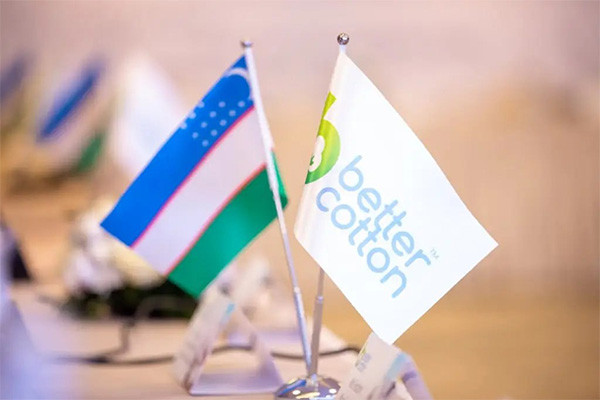
Better Cotton Strengthens Due Diligence and Decent Work Standards in Uzbekistan
Tashkent, Uzbekistan (UzDaily.com) — Better Cotton, the world’s largest initiative for sustainable cotton production, has reported notable progress in its Uzbekistan programme, with a strong focus on enhancing due diligence mechanisms and promoting decent work standards.
According to Katerina Gorbunova, Head of Better Cotton’s Uzbekistan programme, the methodological framework has been reinforced in partnership with the German Agency for International Cooperation (GIZ), and services have been expanded to accelerate positive transformations in the country’s cotton sector.
A key area of focus has been improving oversight of licensed cotton clusters. Independent civil society organizations and external auditors have received training to strengthen their competencies, and a new due diligence methodology — adapted to the local context — has been introduced to enable more targeted and effective monitoring.
This updated approach includes in-depth interviews, surveys of both management and production staff, and a comprehensive assessment of financial sustainability, ethics, and corporate governance. Data collected through these methods allows for the early identification of risks and the implementation of corrective measures when necessary.
Following Better Cotton’s recognition as an official certification scheme, its evaluation procedures for decent work compliance have been revised. A pre-assessment of new participants is now required before each farming season. If minimum standards are not met, audits are postponed until the next season.
Existing programme participants undergo regular internal inspections by Better Cotton specialists. If violations are found, in-depth investigations are launched in cooperation with independent labor rights monitoring organizations.
Since August 2024, Better Cotton and GIZ have significantly expanded the educational components of their programme. Alongside regenerative and sustainable farming techniques, special emphasis is placed on social sustainability and compliance with decent work principles, particularly in light of recent labor law reforms in Uzbekistan.
Training follows a cascading model: cluster management is trained first, followed by workers, who then pass on knowledge to peers, creating a horizontal flow of best practices across the workforce.
Gorbunova emphasized Uzbekistan’s strong potential to become a global leader in sustainable cotton production — provided transparency, cross-sector cooperation, and systemic efforts are maintained. Better Cotton remains committed to engaging key industry stakeholders in achieving this shared vision.
Paul Schumacher, GIZ’s Cotton Programme Manager in Uzbekistan, added that sustainable agriculture, trade development, and decent working conditions are now inseparable parts of a unified system. He noted that broad-based cooperation within the Better Cotton framework is helping transform scattered efforts into lasting institutional change.